Closing summary
We’re pausing our live coverage – thank you for reading along. Here’s a quick recap of today’s key developments:
-
At least 648 demonstrators have so far been killed in the ongoing crackdown by Iranian security forces…
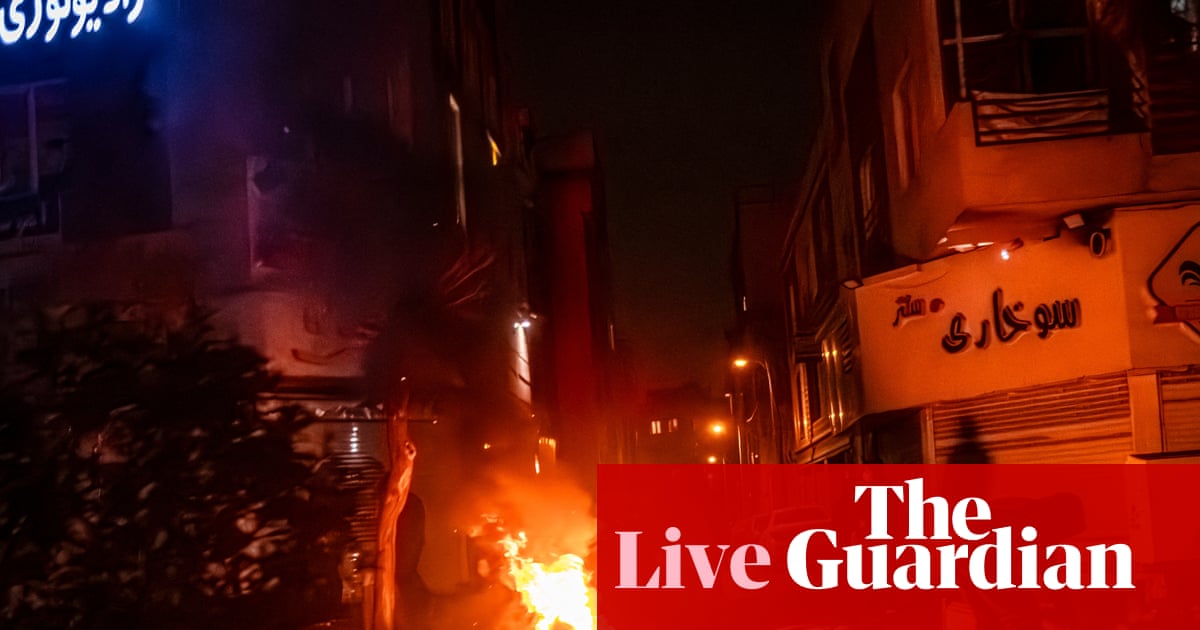
We’re pausing our live coverage – thank you for reading along. Here’s a quick recap of today’s key developments:
At least 648 demonstrators have so far been killed in the ongoing crackdown by Iranian security forces…
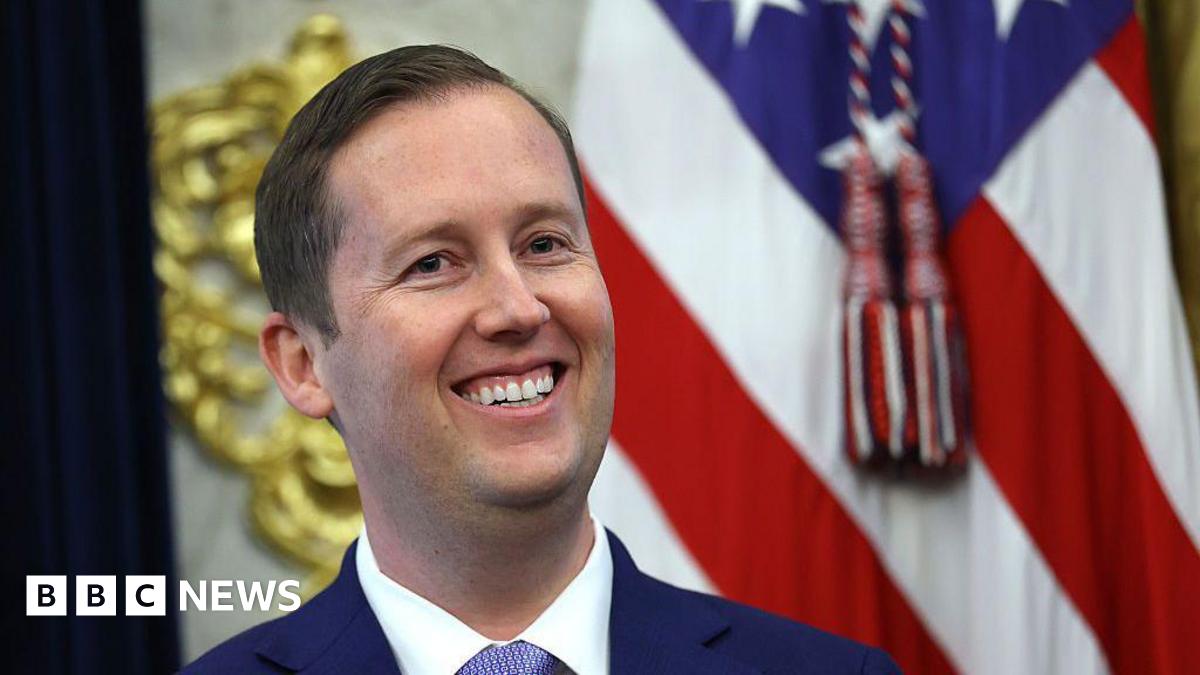
Relations between Trump and Modi, once seen as warm, have cooled in recent months, with disagreements ranging from trade to India’s stance on mediation on its conflict with Pakistan, even as the two leaders continue to speak periodically by…
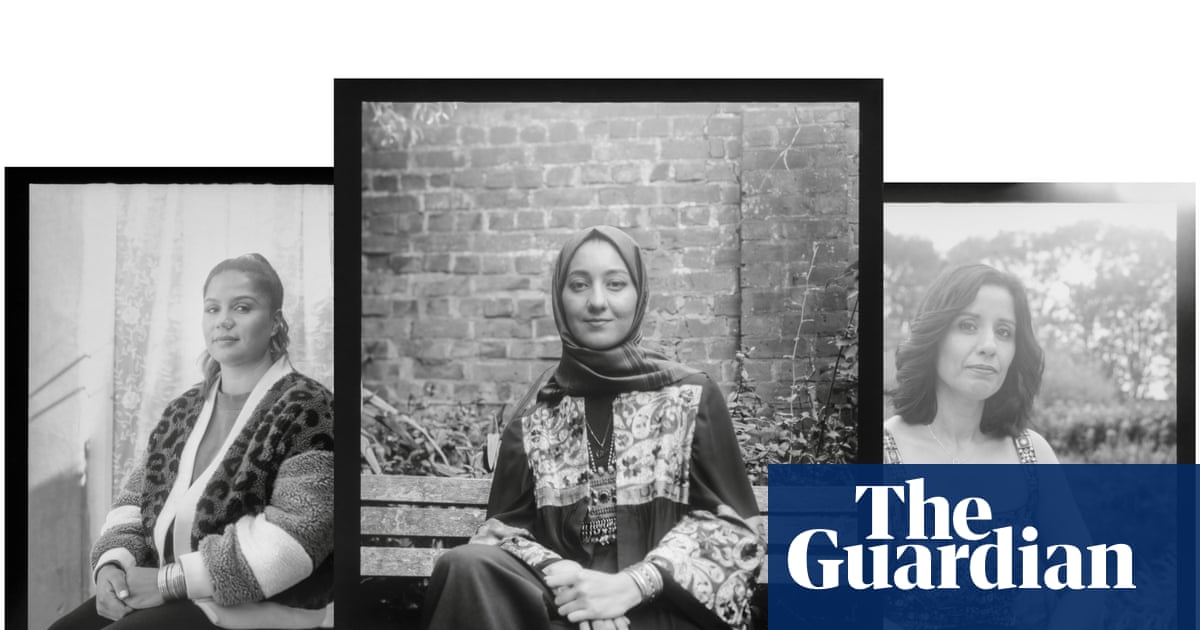
Since the Taliban’s return to power in Afghanistan in 2021, the regime has imposed sweeping restrictions on the rights of women and girls, with devastating consequences for society. Girls are barred from attending school beyond the sixth grade,…
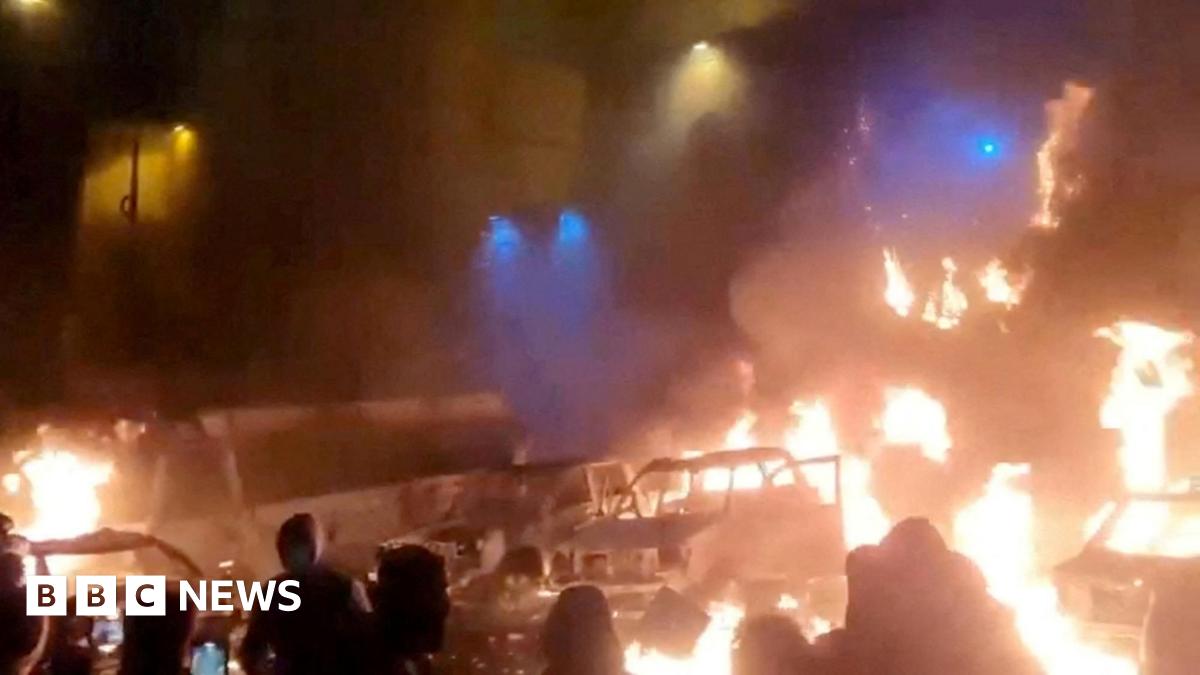
The BBC has spoken to Iranians in the UK who are unable to contact their relatives due to the ongoing internet blackout.
One British-born…

FILE – Elon Musk listens as President Donald Trump speaks during a news conference in the Oval Office of the White House,…
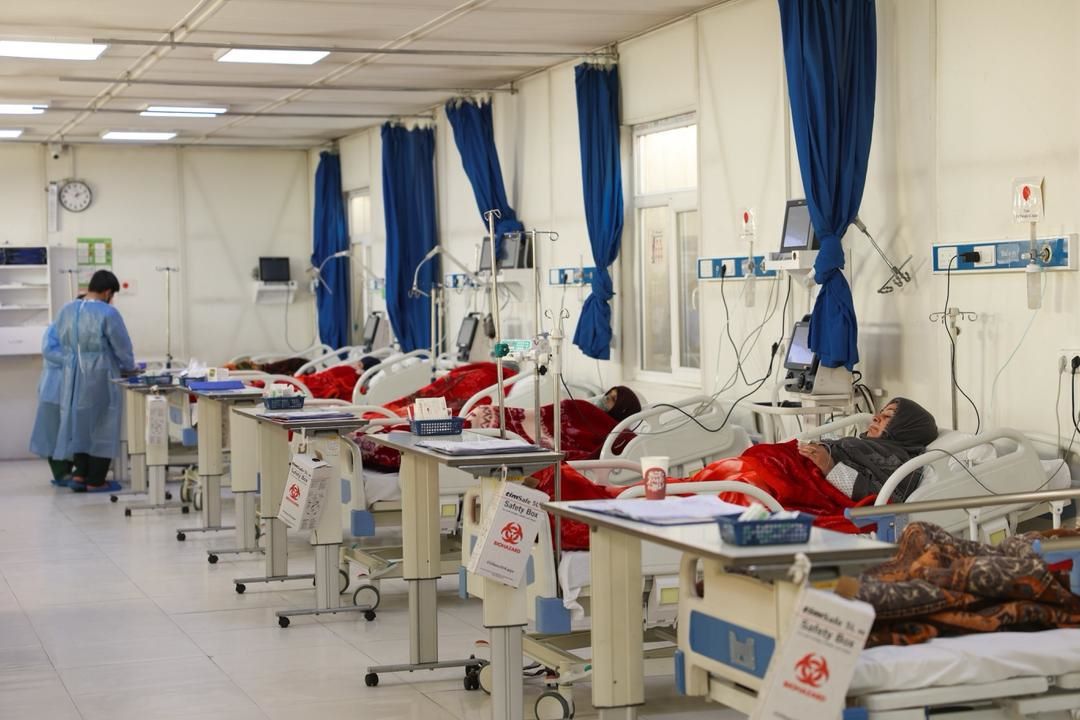
WHO-supported health services provide essential care to patients, made possible with the generous support of the Government and people of Japan (Kabul). Photo credit: WHO.
12 January 2026, Kabul, Afghanistan – The…
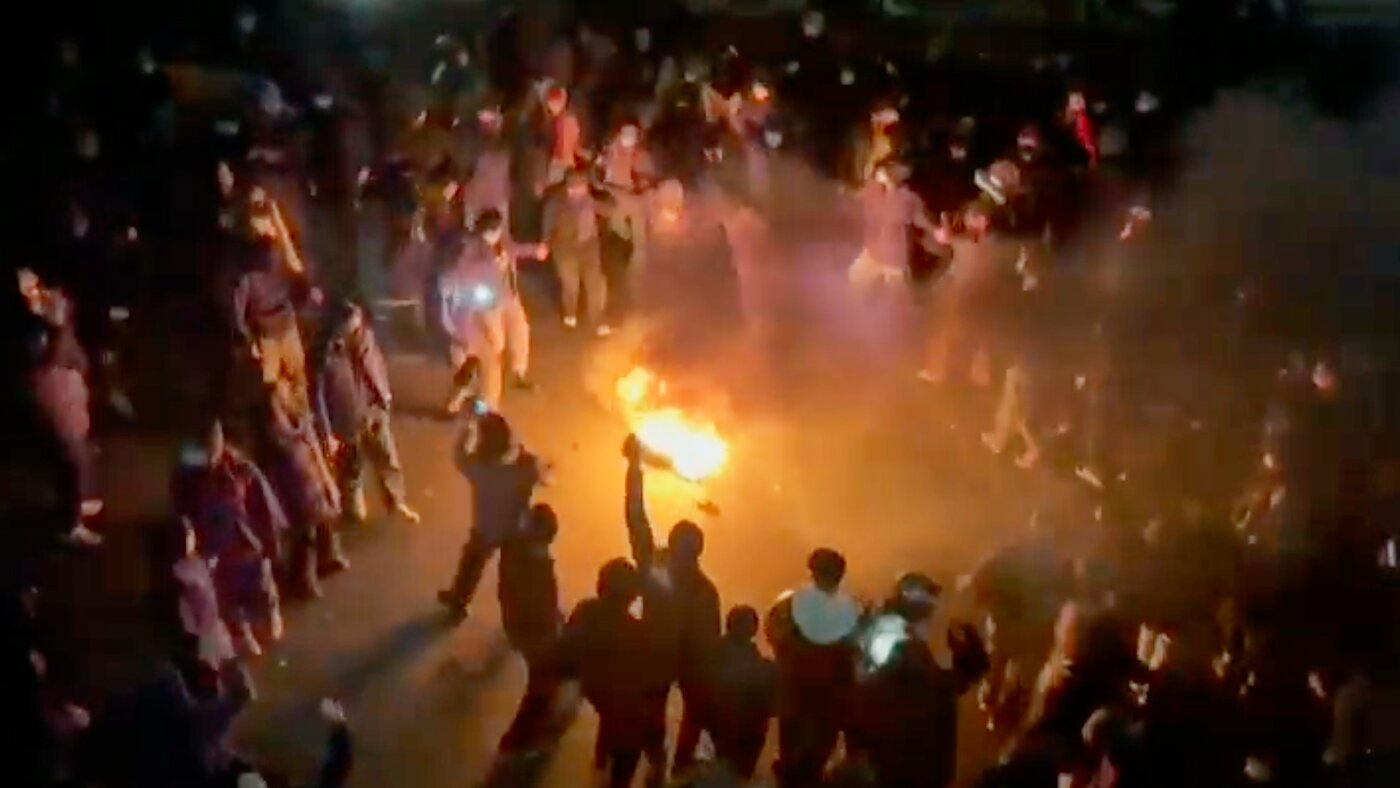
This frame grab from footage circulating on social media shows protesters dancing and cheering around a bonfire on Friday…
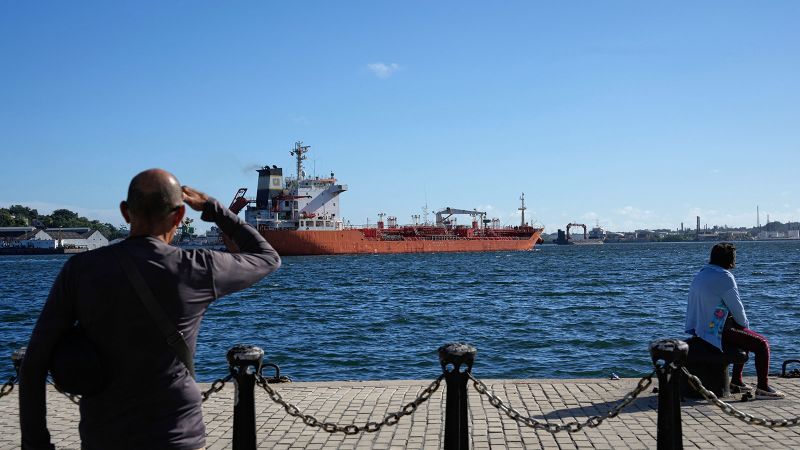
Cuba’s leader has pushed back on Donald Trump’s demand that the Caribbean nation “make a deal” with Washington, as the US president warned that Havana would be cut off from the Venezuelan oil and money…
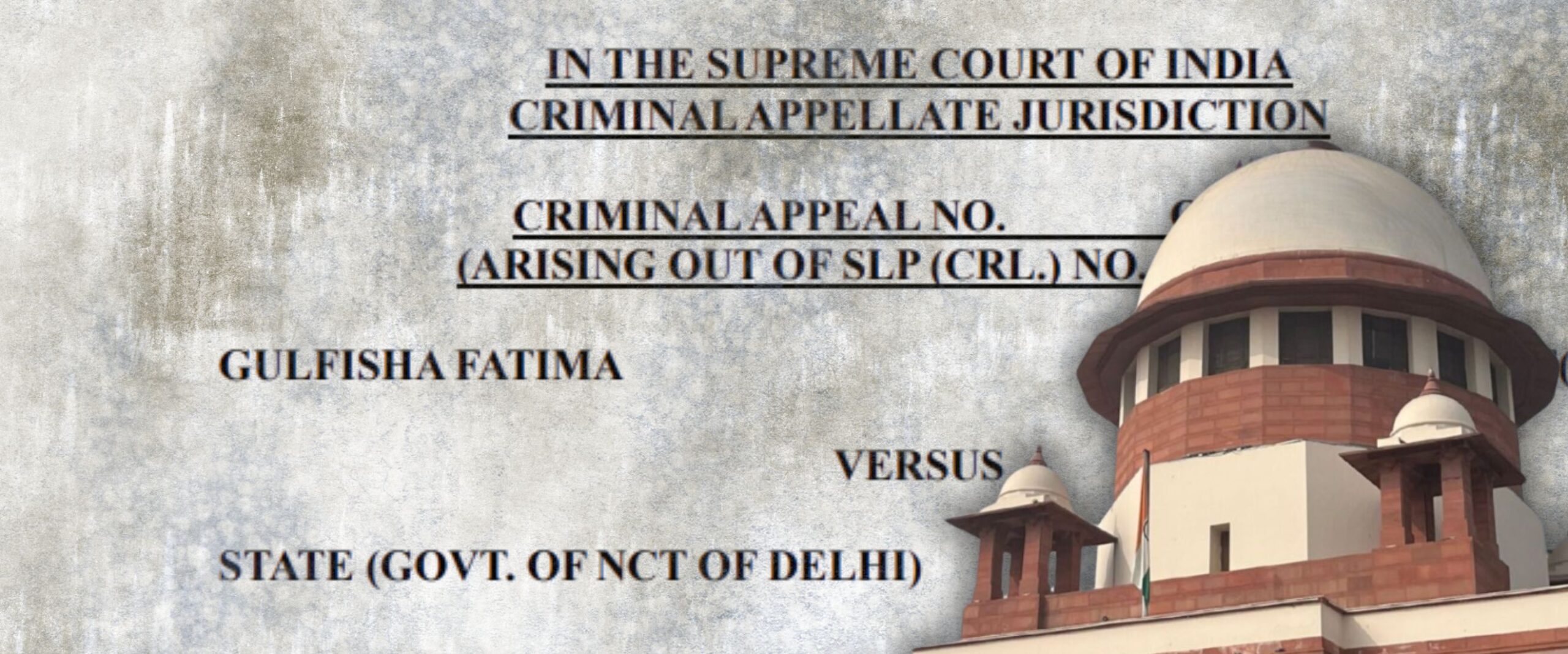
The Supreme Court’s denial of bail to Umar Khalid and Sharjeel Imam has elicited a range of emotions across editorials, social media and private conversations—anger, confusion, and even satisfaction. As debates over the moral stakes…